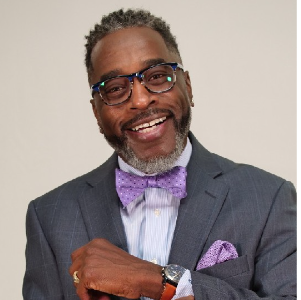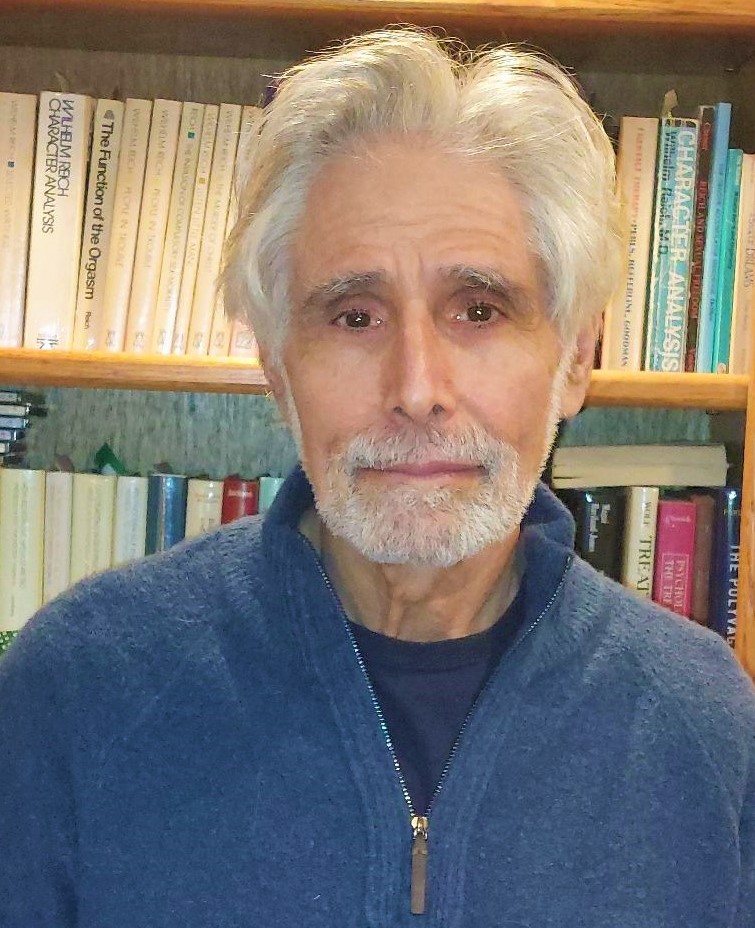I am a year and a half into practicing as a therapist, and just month’s into a Master’s degree, but I’m no stranger to therapy from the other side of the room. My father died when I was six, and I’ve spent my life leaning into the supportive space of therapists, each one offering something unique. One played chess with me as we talked about death at eight years old. Another gave me the gift of letting me spill the contents of my over-crowded mind at sixteen. Another, at nineteen, at the end of each session, would gently and sweetly ask what I’d like to leave behind for her to hold. Now, I feel such regard for my therapist, she is like an auntie–a person I can rely on to imbue such trust in me, I cannot help but learn more for myself. I’ve learned from all of these experiences the ways I want to be with people as a counselor. As a client, one is not privy to the technicalities, interventions, or conceptualization imbued in our education as clinicians, but the warmth, the realness, and the kindness. I think what we grasp most as humans, especially in moments of deep pain or triumph, is the felt sense of how it is to be with another. It is through having mirrored our own humanity, however fraught, tangled and tired it may feel to wear, through the eyes of a loving other that we come to feel more fully open to our own experience, too.
There has been a deeply humanizing quality to the collective experience that has been 2020. In so many ways, it has been the year of not being able to breathe. We, as a collective, are disenfranchised, disenchanted, uproar around social, racial, and economic injustice and faced with our own mortality. All of this with the added layers of isolation akin to a dystopian novel. While we as therapists must always confront parallel processes of pain and expansion, sorrow and growth, there is a different edge to a historical experience that we undergo with our clients. I’ve found a great humility in leaning into our collective frustration right now. For me, this highlights the foundation of any relationship—we deepen when we go through something challenging with another. I Vind that more people are willing to reach across the line to ask how I am doing, not to distract from themselves but to appreciate, rather, that they are being held by another human who relates to them through their own lived experience.
One of the things I find most fascinating about this role as therapist is how with each person, I can either relate something to my own experience or that of a person close to me. I see frequently that the corners of our minds that feel most isolating are what connect us most to each other. We are each unique but we exist in patterns. I see my role as to open to another’s perspective, to face it with them, just for an hour, and see their imperfect, messy courage in the face of challenges where one might otherwise see what they could have done differently. Doing so changes our own experience. It shifts attention. It helps to deepen our own, or perhaps expand us from it as we catch ourselves, inevitably whirling around in the tiny universe we each inhabit. It is remarkable the changes I have seen from those who work to just accept themselves. It is paradoxical–we joke in sessions about the effort it can take to allow.
But truly, we never completely undergo something in the same way as another. Our experiences are unique to the lens through which we process them. Going through 2020 with all my clients is like processing the same reality through the lenses of a kaleidoscope. And the heaviness I feel at is only as crushing as another moment is uplifting–experiences of inspiration, gratitude, rising from the ashes. I get to see that this is what we do as humans–we take the deepest of pain and we turn it into something beautiful. We make our lives into a creative act from which we spin sorrow into gold. The work is philosophical as it is practical, personal as it is relational. I love to feel aligned with the most intimate reaches of our human experience through that of another. In spite of the challenges of holding a collective trauma, I am genuinely glad to be engaging in this work at this moment in history. I think it is helpful to step into another’s experience, lest we feel suffocated by our own. I feel curious what we will all make of the challenges we’ve endured this year. Most importantly, I have trust in the meaning we make from pain. And I feel lucky to get to offer the space for others to look upon their lives more tenderly. Therapy is so much more than I could have ever hoped to spend my days. I see it as an act of love.




